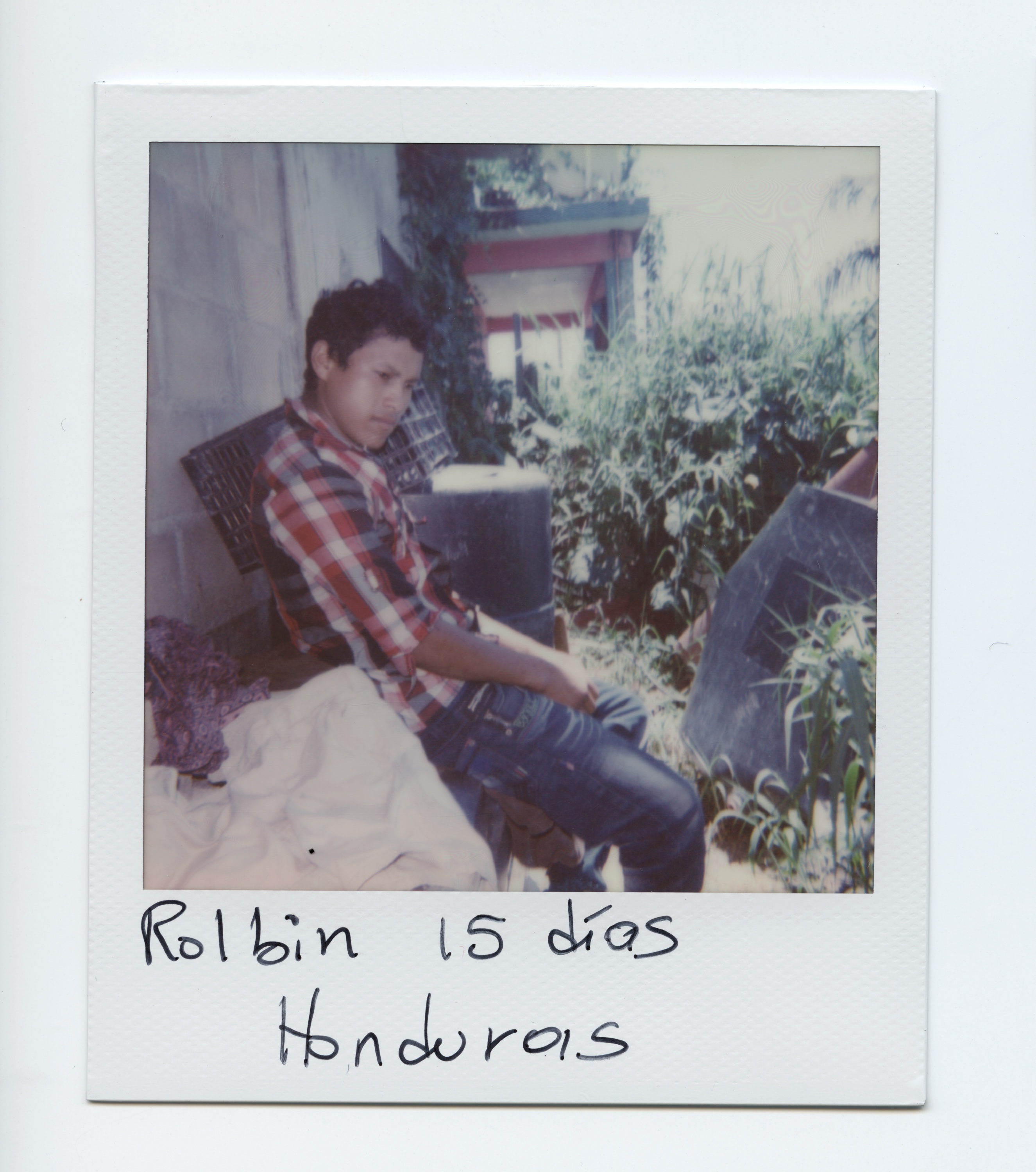Unravelling the mystery of America’s missing migrants
- Text by Kathryn Cook-Pellegrin
- Photography by Kathryn Cook-Pellegrin

There is so much human movement in the world right now. Today, we’re seeing the largest numbers of refugees since 1945, and migration is at record highs – but no one can really say how many people go missing on these journeys.
Finding out the fate of missing people is a humanitarian act, and it’s one that deserves greater attention and response around the world. One way to do that is to help tell the stories of those living with that pain.
In our new Missing Migrants project, the International Red Cross has chosen to focus on Honduras and Guatemala because, while there is a global story of migration, these are two countries that are greatly affected by the number of people leaving home. (According to the UN, 500,000 make the journey to Mexico each year – but the numbers of those that don’t make it are still unknown).
We wanted to visit the families of the missing first, to understand what they were going through: what happened to their loved ones, and what mechanisms they are using to search for them. Once there, we shot old photos of the missing family members.
Then, we went to Mexico to follow their route. We met with migrants along different parts of it, heard their stories, and took polaroids of them.
As we went north, the migrant’s stories started to change. They had been through more difficulties by the time they reached Caborca or Altar, in the north. This is why it was important for us to describe how many days they had been on the road. I don’t think many people understand how long it can take, how many things can happen to you, slow you down, or force you to return home. And many do return.
Entering Mexico from the south is an incredibly risky journey. It’s dangerous for the person travelling, but also for the family who is left behind. I gained an extraordinary sense of how vulnerable people are, and at the same time, how tenacious they are to try and make a better life.
It was clear from talking to people that it can vary in how long it takes and the struggles they face. For some, it could be a month, but for others, it could take two or more. I was also really conscious of the women who are especially vulnerable to sexual assault, not to mention families travelling with small children.
For me, these stories are so important because they call attention to an overlooked humanitarian tragedy. When someone goes missing they leave behind families, memories, lives. And that’s true whether it’s in Central America or the Maghreb or the Mediterranean. The places change but the pain that is left behind is the same.

Yonis, on the road for 40 days.

Rolbin, on the road for 15 days.

Rafael, on the road for 29 days.

Maria Delmy, on the road for eight days.
Learn more about the Missing Migrants project on the International Red Cross website.
Enjoyed this article? Like Huck on Facebook or follow us on Twitter.
Latest on Huck

Clubbing is good for your health, according to neuroscientists
We Become One — A new documentary explores the positive effects that dance music and shared musical experiences can have on the human brain.
Written by: Zahra Onsori

In England’s rural north, skateboarding is femme
Zine scene — A new project from visual artist Juliet Klottrup, ‘Skate Like a Lass’, spotlights the FLINTA+ collectives who are redefining what it means to be a skater.
Written by: Zahra Onsori

Donald Trump says that “everything is computer” – does he have a point?
Huck’s March dispatch — As AI creeps increasingly into our daily lives and our attention spans are lost to social media content, newsletter columnist Emma Garland unpicks the US President’s eyebrow-raising turn of phrase at a White House car show.
Written by: Emma Garland

How the ’70s radicalised the landscape of photography
The ’70s Lens — Half a century ago, visionary photographers including Nan Goldin, Joel Meyerowitz and Larry Sultan pushed the envelope of what was possible in image-making, blurring the boundaries between high and low art. A new exhibition revisits the era.
Written by: Miss Rosen

The inner-city riding club serving Newcastle’s youth
Stepney Western — Harry Lawson’s new experimental documentary sets up a Western film in the English North East, by focusing on a stables that also functions as a charity for disadvantaged young people.
Written by: Isaac Muk

The British intimacy of ‘the afters’
Not Going Home — In 1998, photographer Mischa Haller travelled to nightclubs just as their doors were shutting and dancers streamed out onto the streets, capturing the country’s partying youth in the early morning haze.
Written by: Ella Glossop